Venus: Improbable Dream
Developer: Borealis | Publisher: Borealis | Release Date: 2021 | Genre: Casual / Visual Novel / Indie | Website: N/A | Purchase: Steam
Depending on circumstances, high school can be a very stressful environment, but it is especially bad for 17-year old Akane Kakeru. He is extremely self-conscious about a facial disfigurement he gained at birth, and the resulting social anxiety makes every day an ordeal for him. Kakeru wants nothing more than to be invisible and has based his daily routine entirely around drawing as little attention as possible. However, his life changes dramatically when he is coaxed into joining the after-school music club. His parents and teacher believe it might be a way for Kakeru to step outside his comfort zone and live a little finally, but nobody really expected what happens next.
Venus: Improbable Dream is a visual novel by indie developer Borealis with a heavy focus on mental health. Kakeru is the protagonist of the tale, and the story plays out from his perspective, but it is also the tale of Fujiwara Haruka, the girl he meets at the music club. Haruka has a disability of her own that has made her very shy around people, but against all odds, she connects with Kakeru. The two quickly become inseparable as they give each other the confidence to attempt things that seemed impossible on their own.
Venus is a very emotional visual novel, and anyone who struggles with anxiety will find Kakeru to be a very relatable character. Things that ordinary students barely think about seem like insurmountable obstacles to him, and his thought process reveals how easily anxiety can overcome rationale. The game features themes of depression and anxiety as well as scarily accurate depictions of panic attacks, which can make it a little stressful to read if you suffer from these conditions. However, depending on the choices you make while playing, it is also a story of hope.
Because a very small team made the game, the visuals, unfortunately, can’t compete with some of the big-budget titles in the genre. The backgrounds appear to be stock images with a filter applied to them, which clashes slightly with the hand-drawn character sprites. The game does feature 16 characters and 15 full CGs, but it took us a while to get used to the art style. Strangely, the game does not appear to have a gallery mode like most other visual novels.
The audio is another matter, though, as it grabbed us right off the bat with the beautiful arrangements. As we mentioned earlier, Venus: Improbable Dream is a very emotional game, but the soundtrack perfectly matches every mood and scene in the game. Most of the tracks are relatively short, but there are plenty of them and some famous classical pieces that tie in nicely with the game’s theme. Unfortunately, there’s no voice acting, but given the game’s sheer size, this is not surprising. The upside, though, is that it makes the one full vocal track in the game sound even more special. It’s a pity that there is no way to listen to the tracks outside the story, but the soundtrack is available as a separate purchase.
Venus: Improbable Dream was made with the Ren’Py visual novel engine and has all the usual options that users expect. It can be played in windowed or fullscreen mode, and players can adjust things like the textbox opacity and text speed to your liking. The game features a branching storyline, and while the opportunity to make choices is not frequent, they are meaningful and can alter the story in a big way. We managed to get the “True” ending during our first playthrough, but the game has four possible endings. Some of these are heartbreaking, so we highly recommend attempting to get the true ending if you end up with one of the bad endings. Depending on your reading speed Venus: Improbable Dream features between 20-25 hours of gameplay, which is honestly quite impressive for such an affordable visual novel.
Despite being such a lengthy title, there is very little in Venus that feels like unnecessary padding. While on the surface, it might not sound like there is much to the story as it mostly follows Kakeru navigating school life while trying to deal with the disruption caused by the music club. However, his anxiety can make even mundane encounters stressful and intense. Everything is written so that even readers who do not suffer from anxiety will empathize with Kakeru. Still, the story is incredibly engaging for those who have suffered through similar experiences. The slower pace of the story means that nothing feels rushed, and the bond that forms between Kakeru and Haruka feels authentic.
There’s no shortage of visual novels where the protagonist ends up being the center of attention and object of affection for anyone with a pulse, which makes Venus a breath of fresh air. The interactions between Kakeru and Haruka don’t feel forced, and the game never resorts to fan service or cheap laughs. Nevertheless, there are moments of genuine humor and lighthearted situations to prevent the story from being too gloomy. The dialog in Venus is well written, and despite only featuring a small cast of characters, it is hard not to grow fond of all of them. Even relatively minor characters, such as Kakeru’s homeroom teacher and music club leader, have a lot more depth than many other visual novels. In addition, how Kakeru’s relationship with his parents changes over the course of the game is heartwarming, to say the least, and the story can be a real tearjerker at times.
Overall, Venus: Improbable Dream is not the best-looking visual novel out there, but the soundtrack is terrific, and the writing is exceptional. It is hard not to get drawn into the story, and once you are hooked, you’ll want to see it all the way through to the (hopefully) happy ending. It’s a pity that many players might dismiss this game because the visuals can’t compare to some of the heavily fan service oriented titles on the market with much bigger art budgets. However, those willing to give this game a chance for its story will walk away pleasantly surprised. If you enjoy visual novels and appreciate a good story, we can’t recommend Venus: Improbable Dream enough. Its memorable characters and engrossing story will stay with you long after the closing credits.
System Requirements
- OS: Windows Vista or higher
- Processor: 2.0 GHz Core 2 Duo
- Memory: 2 GB RAM
- Graphics: OpenGL 2.0 or DirectX 9.0c
- DirectX: Version 9.0c
- OS: 10.10+
- Processor: 2.0 GHz Core 2 Duo (64 bit only)
- Memory: 2 GB RAM
- Graphics: OpenGL 2.0


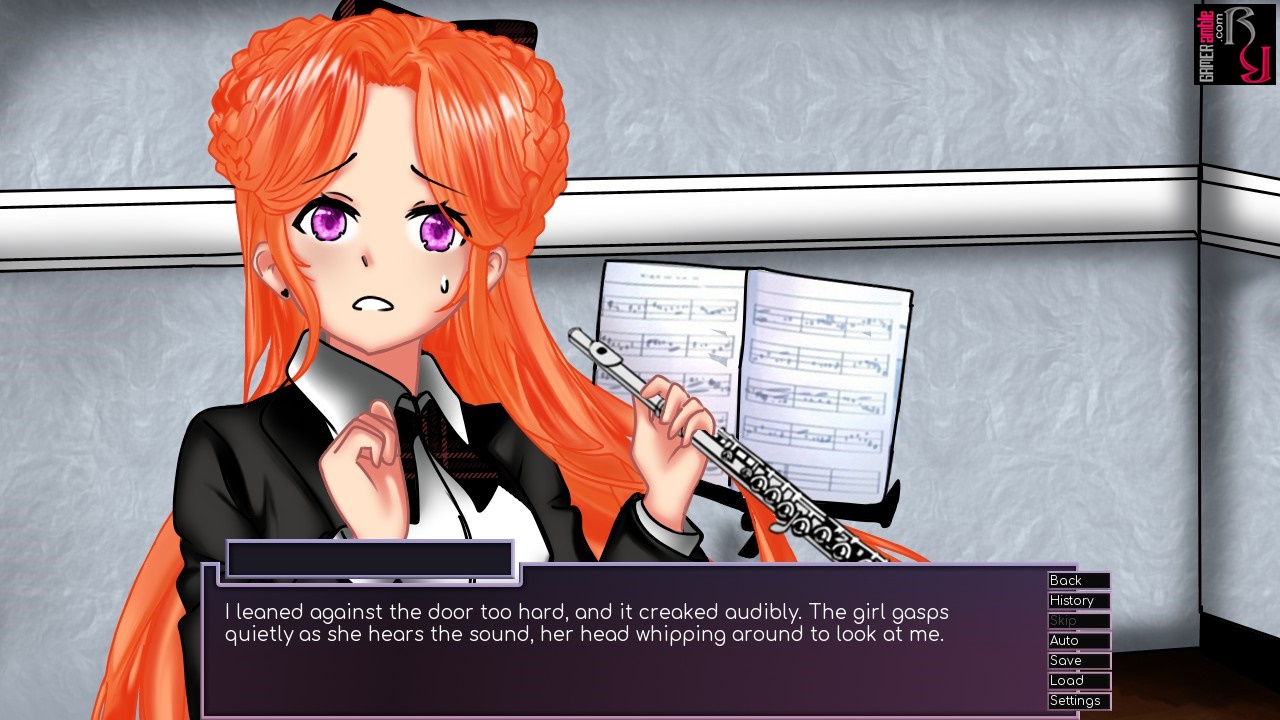
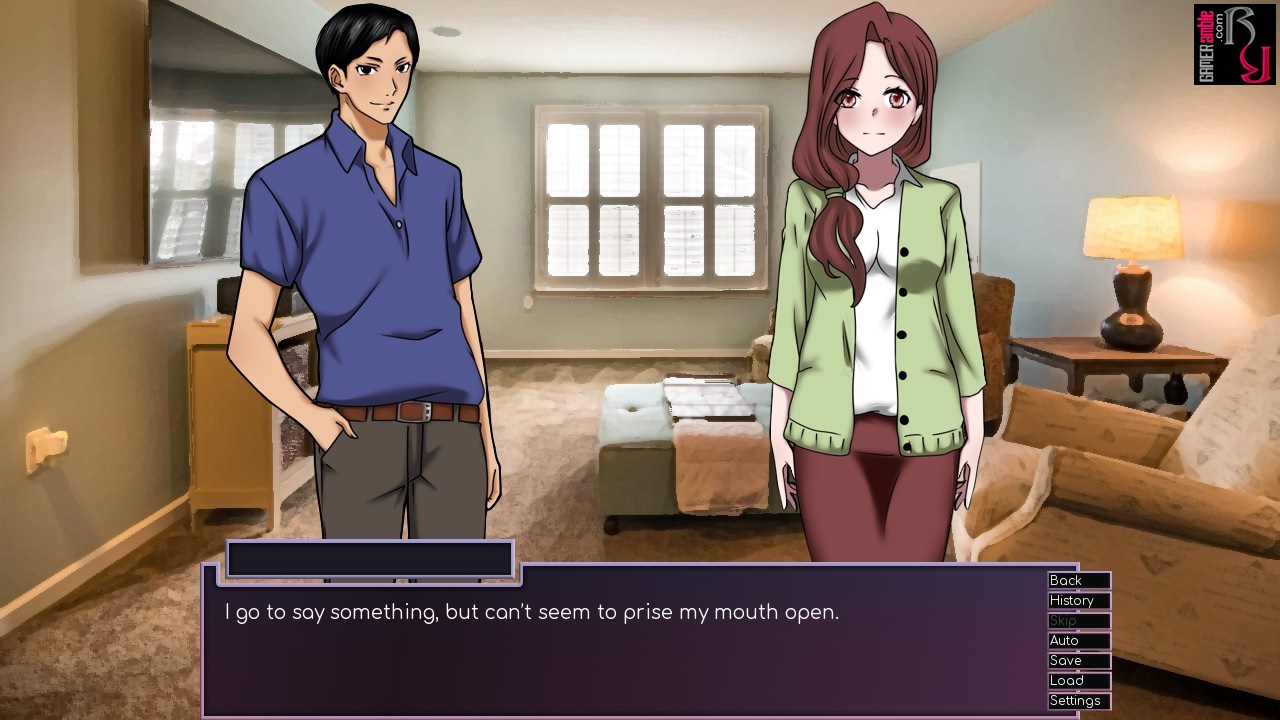
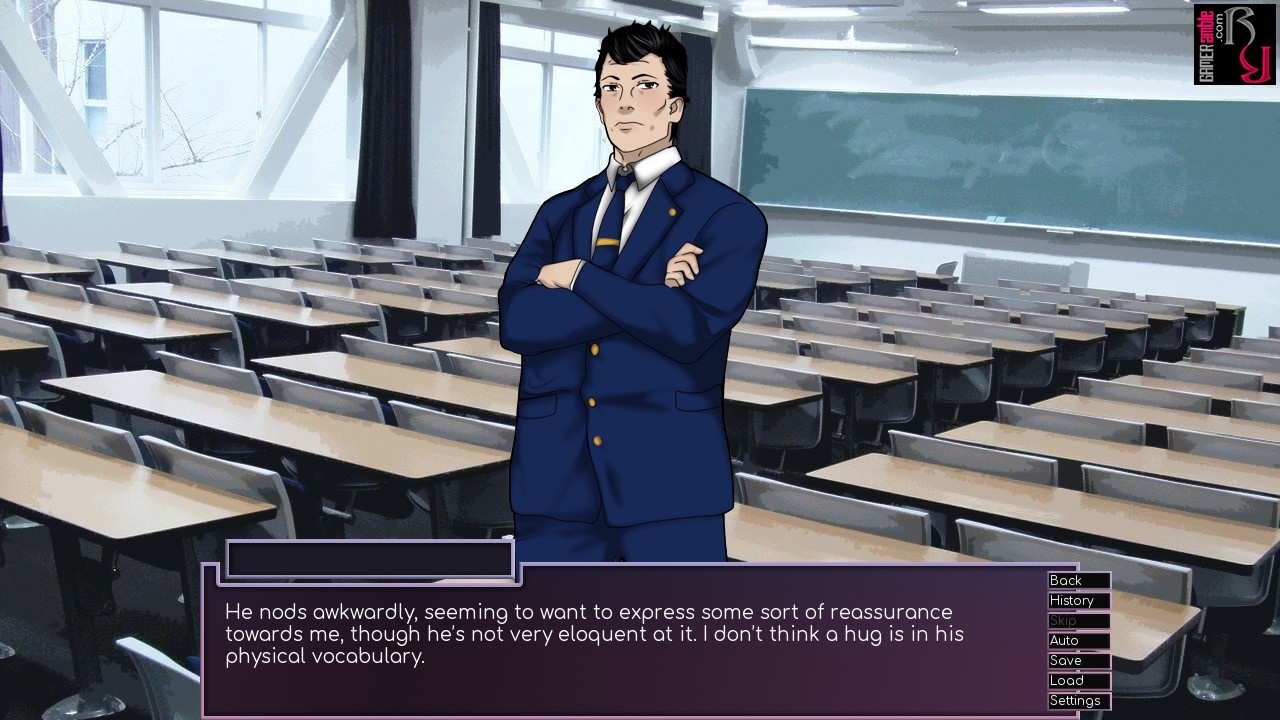
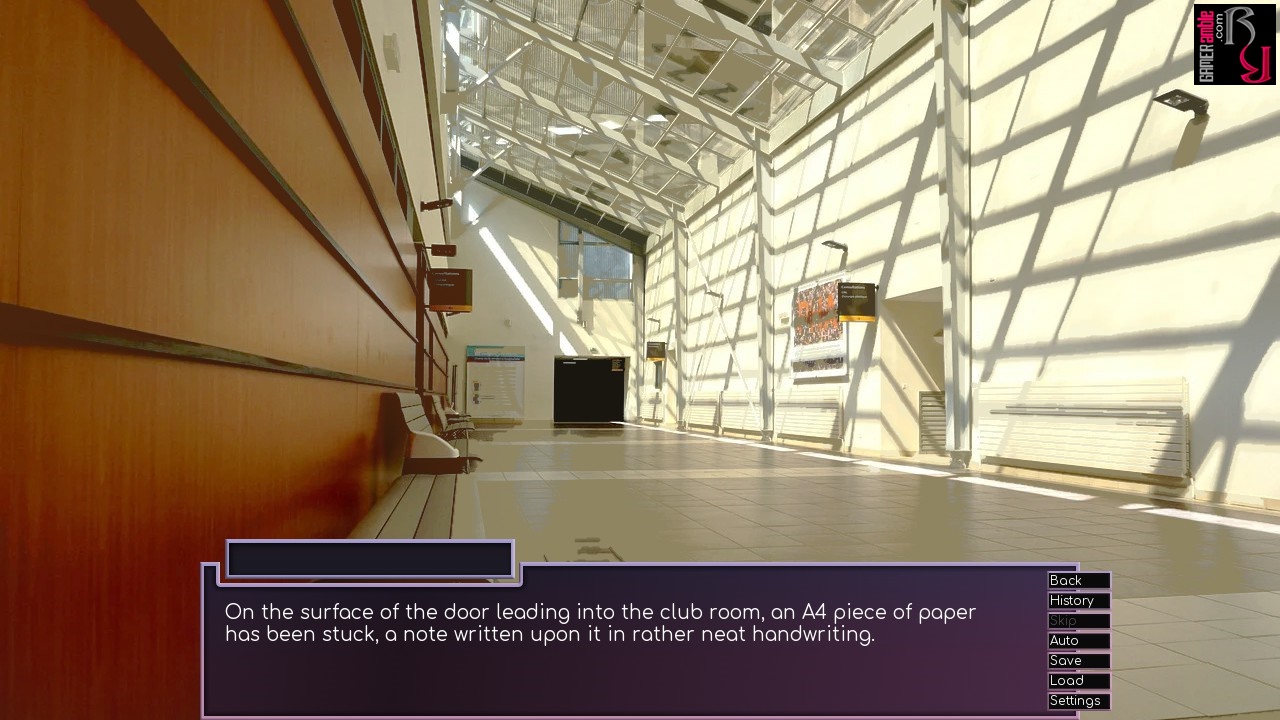
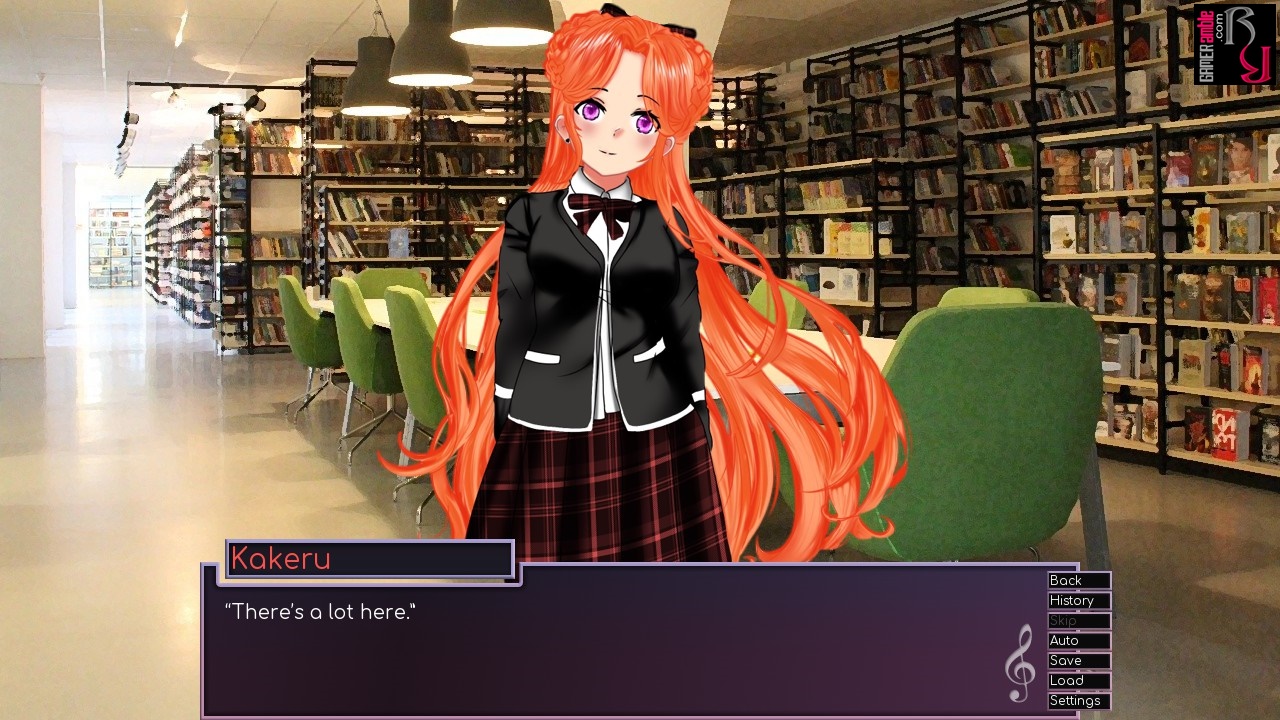
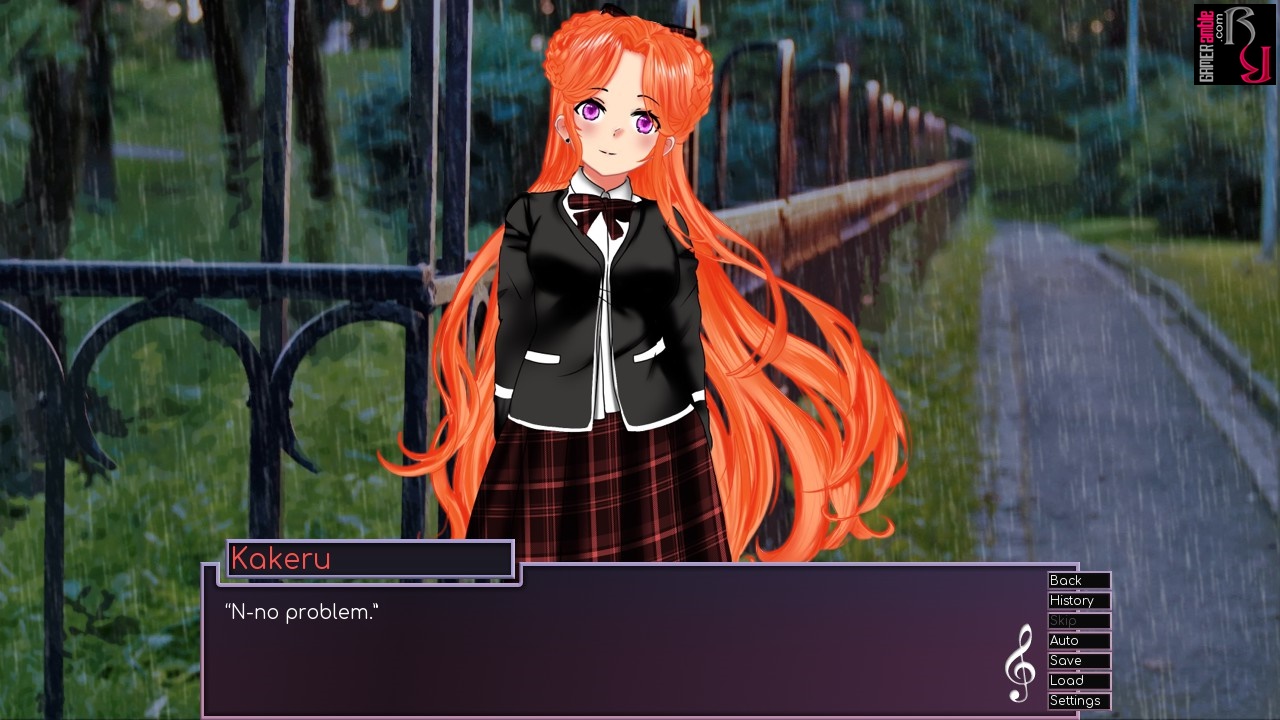
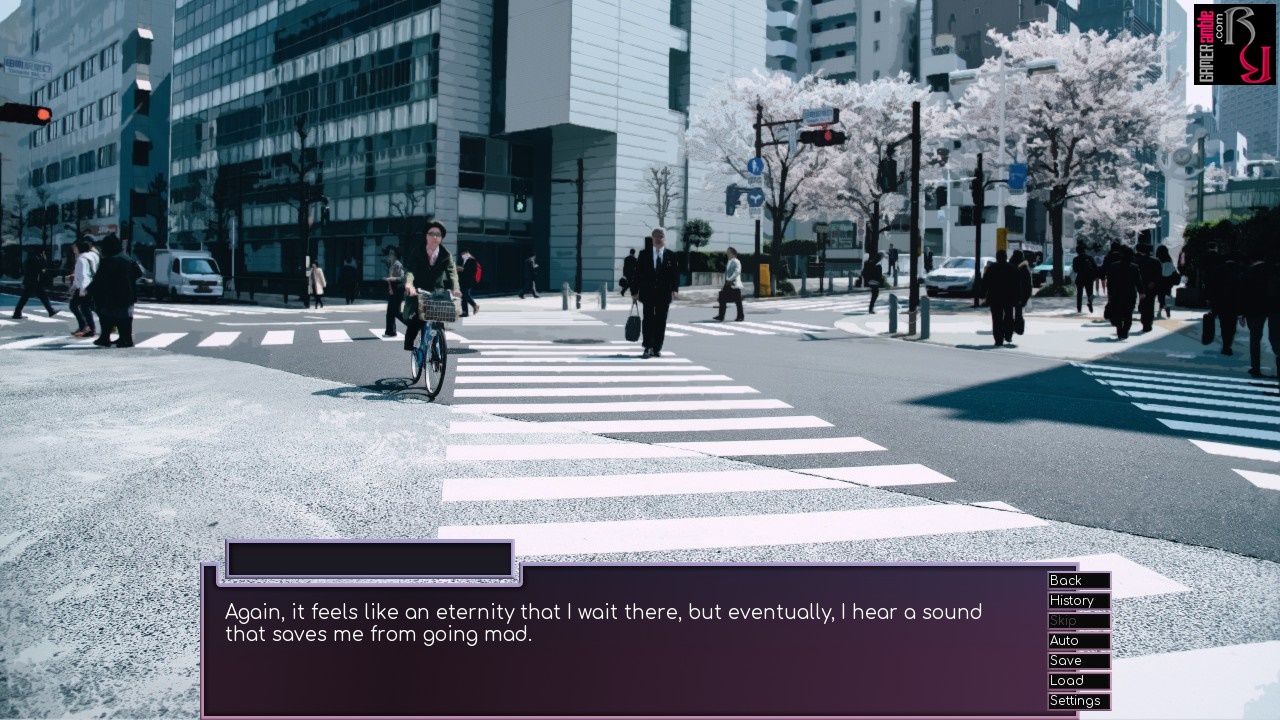
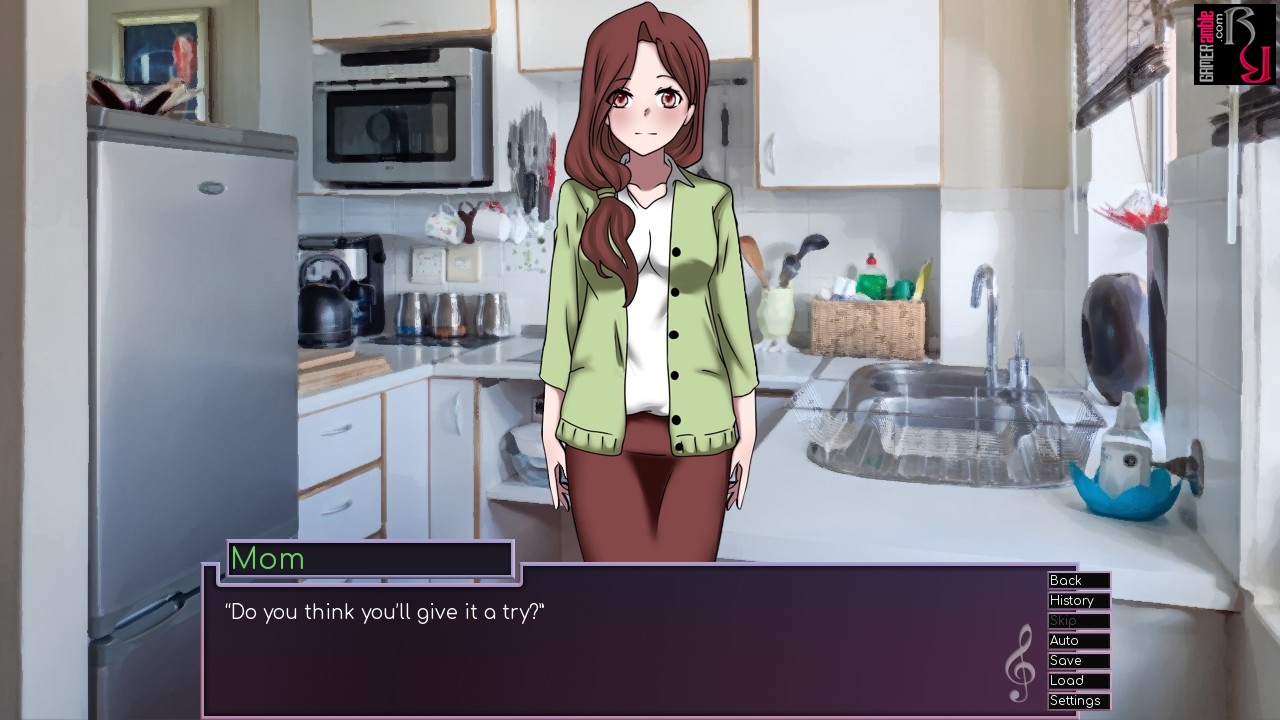
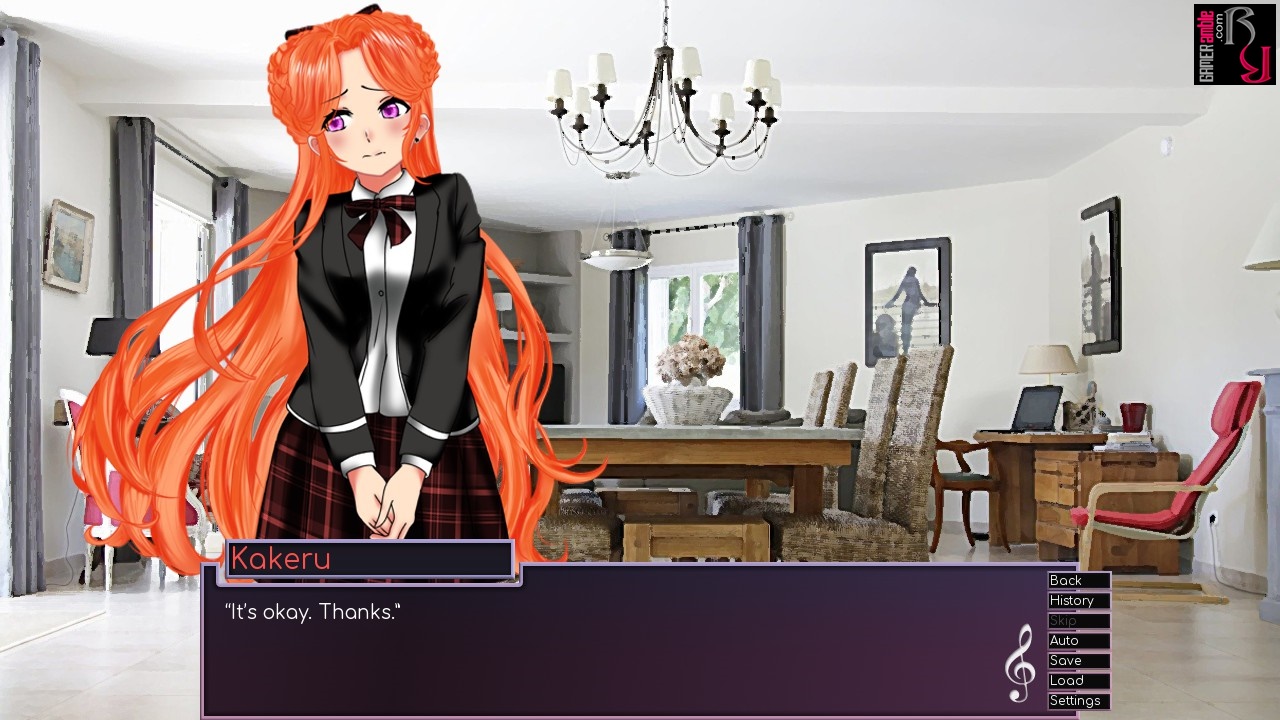
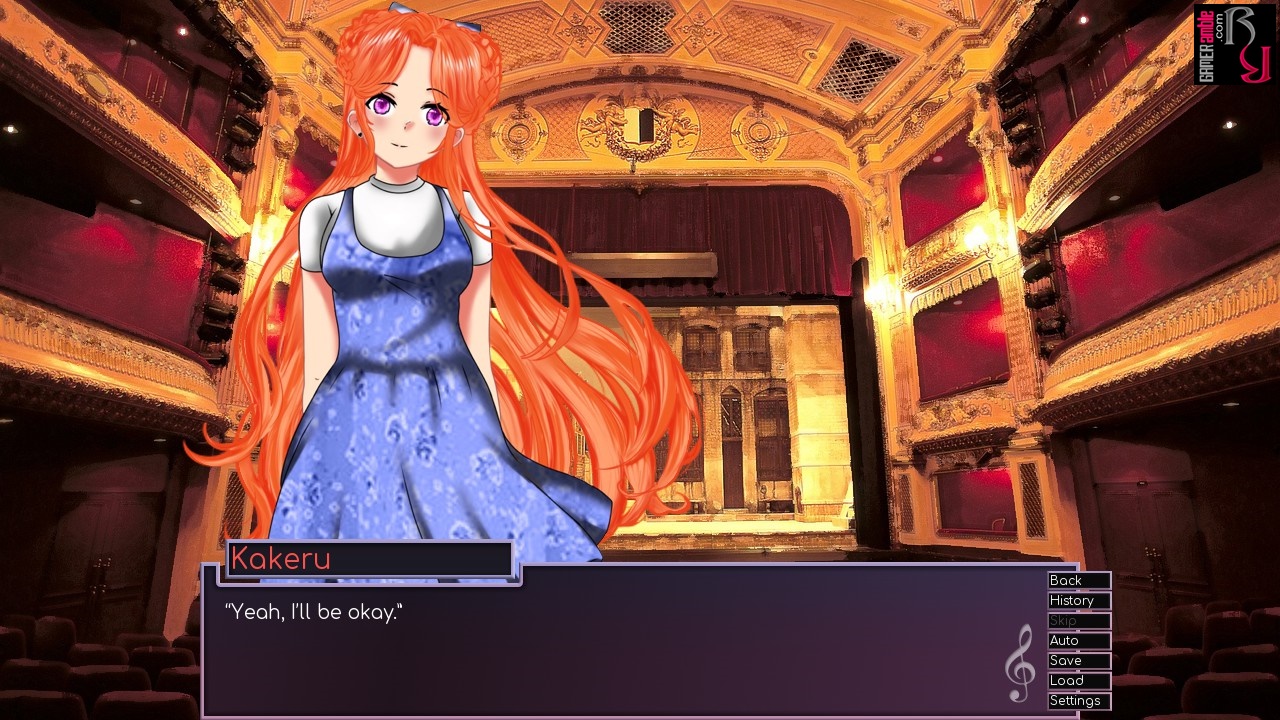
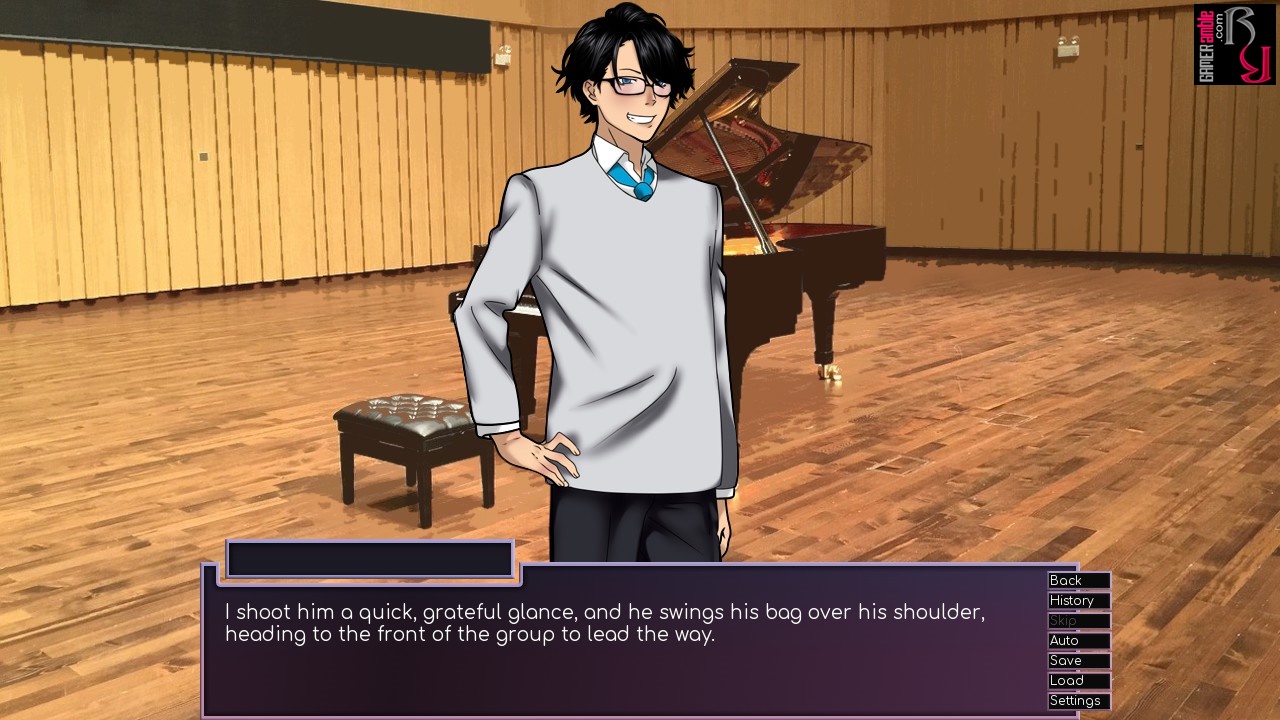









Prowerva April 27, 2021
I’ll be honest I scrolled right past this in Steam because of the art style. If the story is as good as it says here I should probably give it a chance.